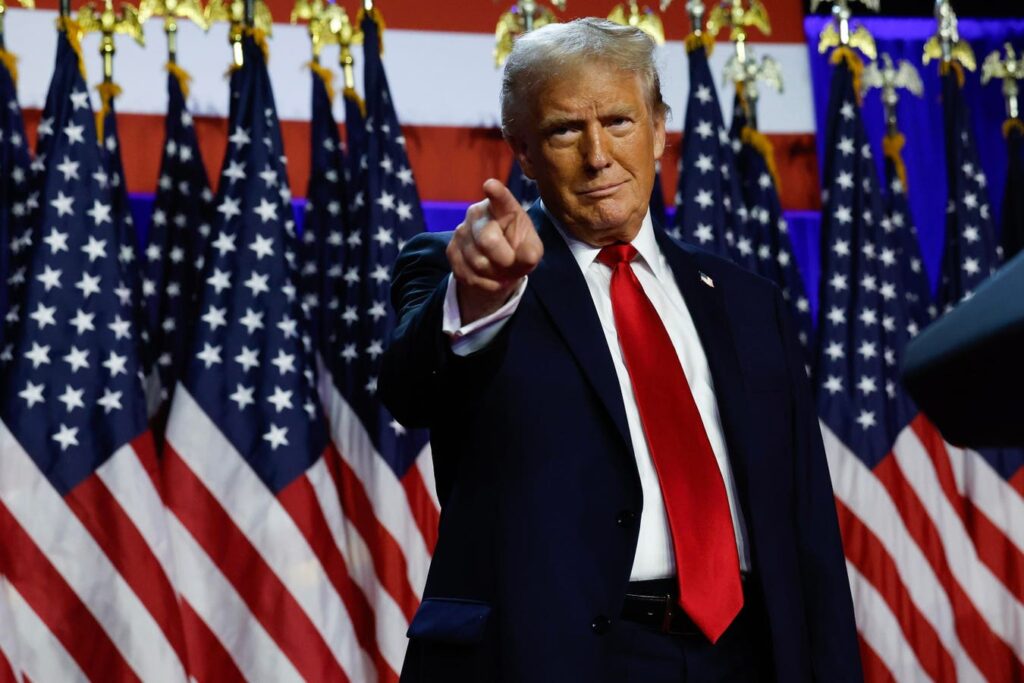The political landscape in the United States is experiencing significant shifts following the recent election, wherein Republican nominee Donald Trump faced off against Vice President Kamala Harris. On November 6, 2024, Americans voted in what many consider a pivotal election that could reshape the balance of power in Congress and affect markets across the nation. Predicting how the incoming administration will impact investments, particularly those tied to broad market indices such as the SPDR S&P 500 ETF Trust (SPY), has garnered considerable attention. Analysts caution that under Trump’s administration, individual stock selection will become increasingly vital, as passive strategies relying on index funds may struggle due to changing market dynamics.
As the political environment adapts, certain sectors are anticipated to face headwinds, especially food and pharmaceutical stocks. Trump’s potential Secretary of Health and Human Services, Robert F. Kennedy Jr., has publicly criticized the pharmaceutical industry for its practices and has advocated for more affordable healthcare options. His push for alternative therapies and reduced reliance on processed foods places high-profile companies like Moderna, General Mills, Kraft Heinz, and McDonald’s at risk. Investing strategies focusing on dividend growth would benefit from avoiding these stocks, as their prospects for return might suffer under impending regulatory changes and potentially reduced profit margins.
Particularly interesting is the case of Kraft Heinz (KHC), which, despite boasting a high dividend yield of 5.2%, has seen its stock price plummet by 59% over the past decade. This situation underscores the market’s principle that dividend growth can significantly enhance stock value; conversely, as seen with KHC, stagnant or declining dividend growth can lead to diminished share prices. With the company facing challenges in revenue generation and high dividends relative to free cash flow, the likelihood of a turnaround appears slim, indicating that investors may want to divest from KHC as political changes take effect.
Tariff policy is another pressing concern, particularly regarding companies with significant import exposure to China. Predictions about the imposition of tariffs under the new administration pose red flags for toy manufacturers such as Mattel and Hasbro. These companies, still heavily reliant on Chinese production, face escalating costs that could hurt their bottom lines. Mattel and Hasbro have made strides in shifting their production bases; however, these transitions are slow, and both companies are still dependent on consumer product sales while facing declining birth rates that affect overall demand. As such, their stock performance and dividend reliability are under considerable scrutiny.
Despite some progress in mitigating risks associated with China, the economic outlook for toy manufacturers remains uncertain. Both Mattel and Hasbro have reported shrinking revenues, particularly in their consumer products divisions, illustrating the broader trend of changing consumer habits as digital products increasingly replace traditional toys. Although Hasbro maintains a decent yield, its stagnant dividends and reliance on a declining sector lead many analysts to advise caution in holding these stocks, especially as tariffs loom on the horizon.
In summary, investing in the current environment calls for a reevaluation of previously held strategies. With growing concerns about political decisions affecting market sectors, investors would do well to be selective and focus on stocks with strong fundamentals rather than relying on indexed funds like SPY. The emphasis on individual stock selection, particularly in relation to dividends and international exposure, will likely determine successful investing in the challenging and unpredictable landscape ahead. Individuals looking to secure their financial future should remain agile and informed as the economic and political stages continue to evolve.

